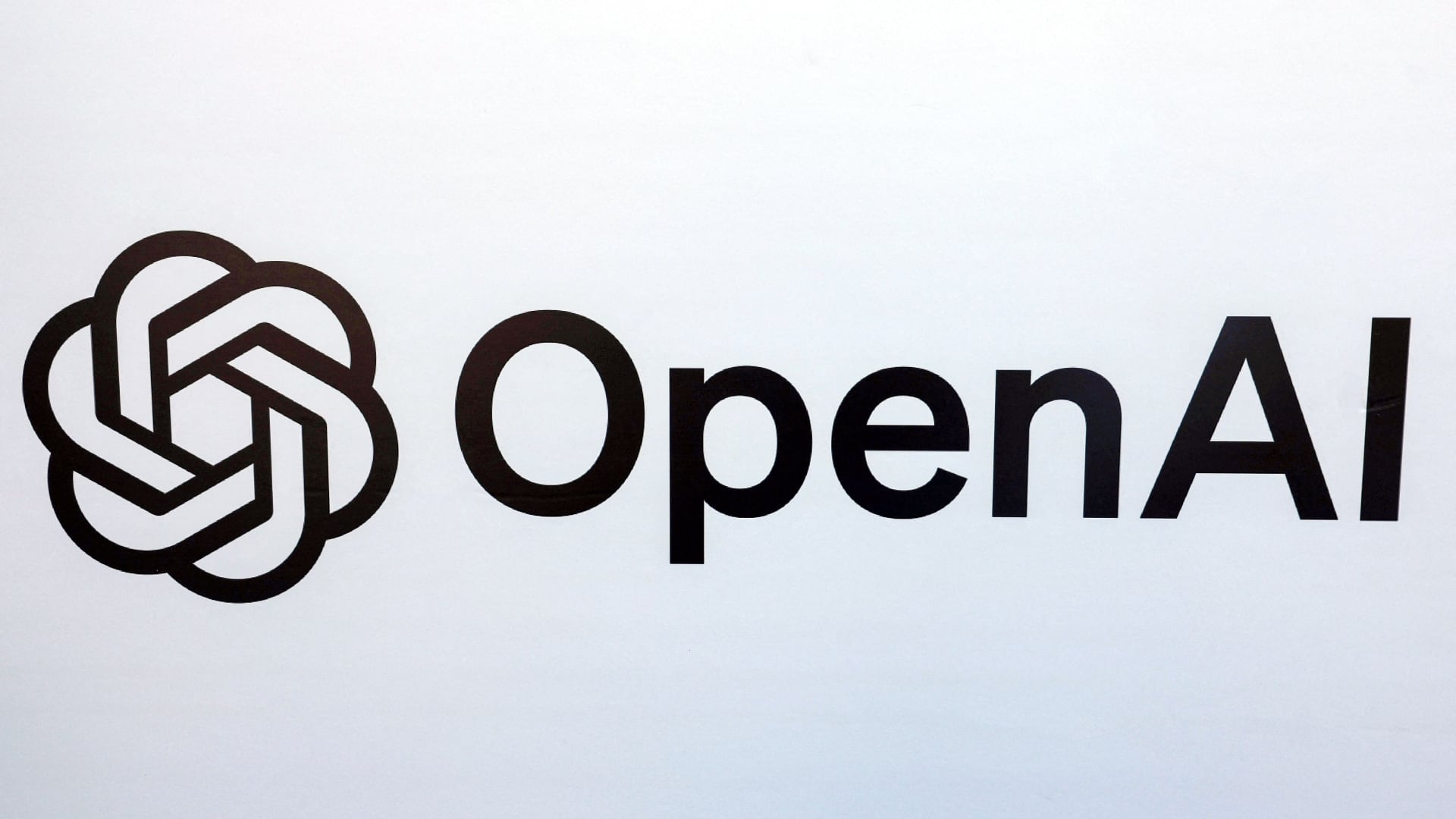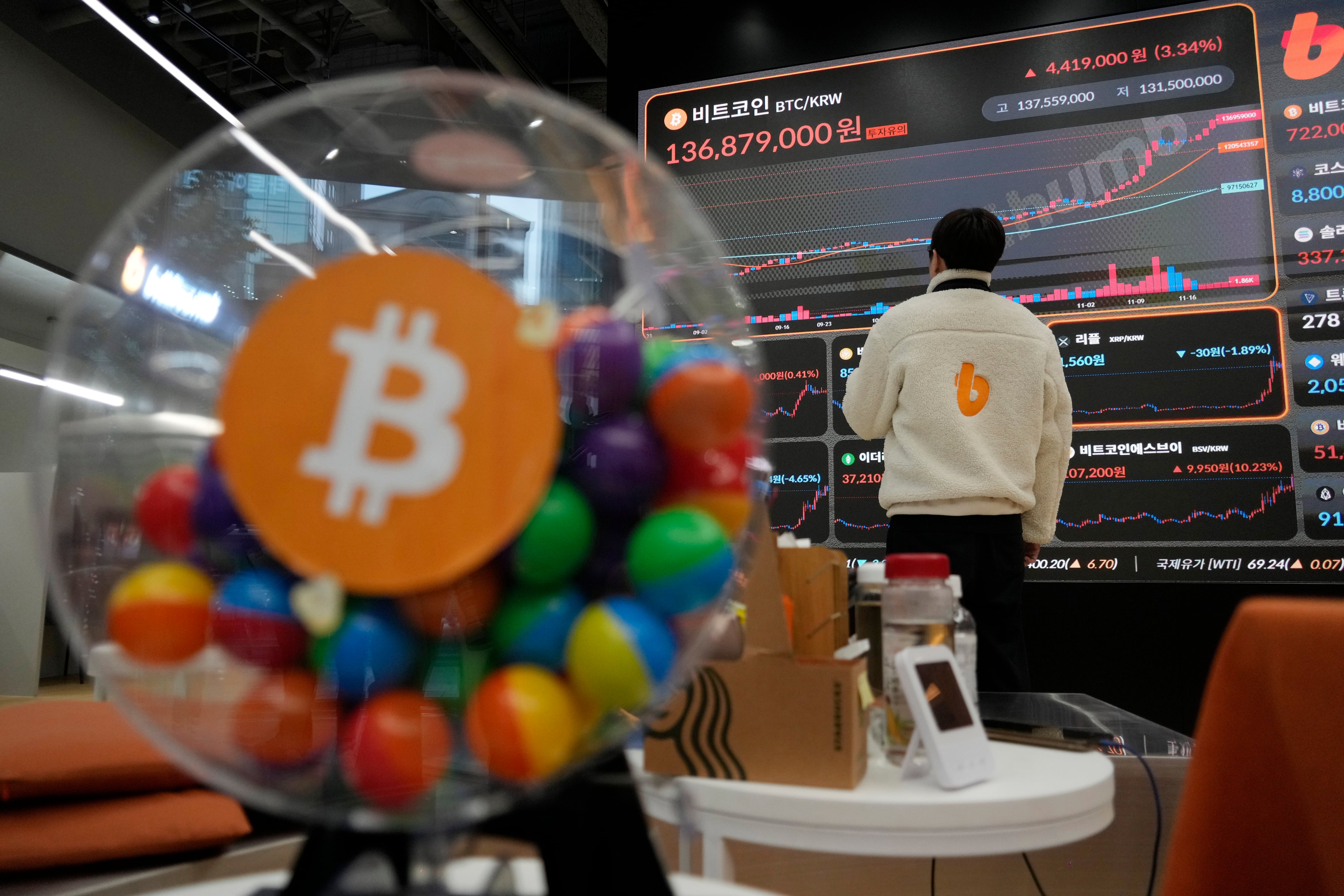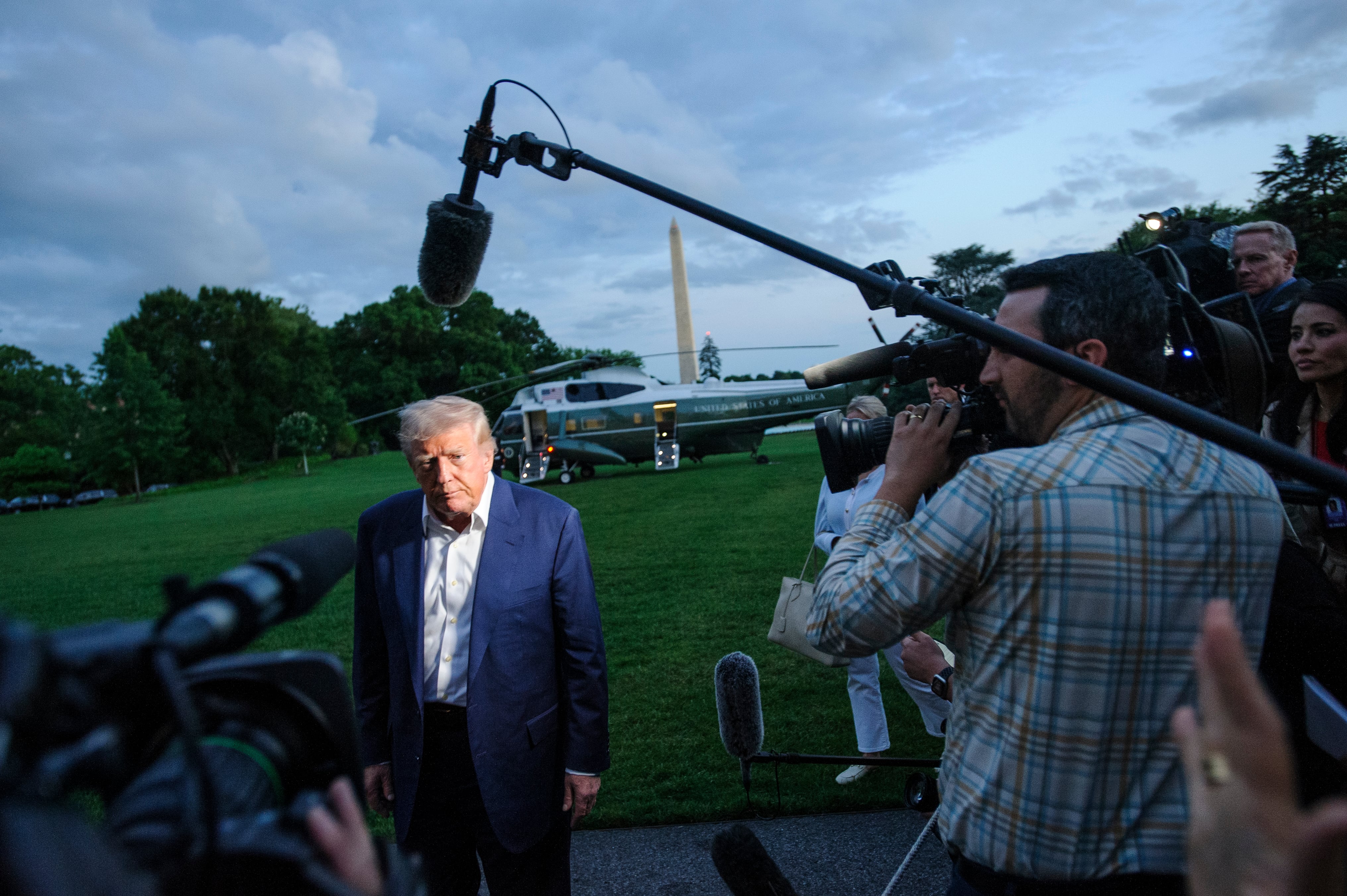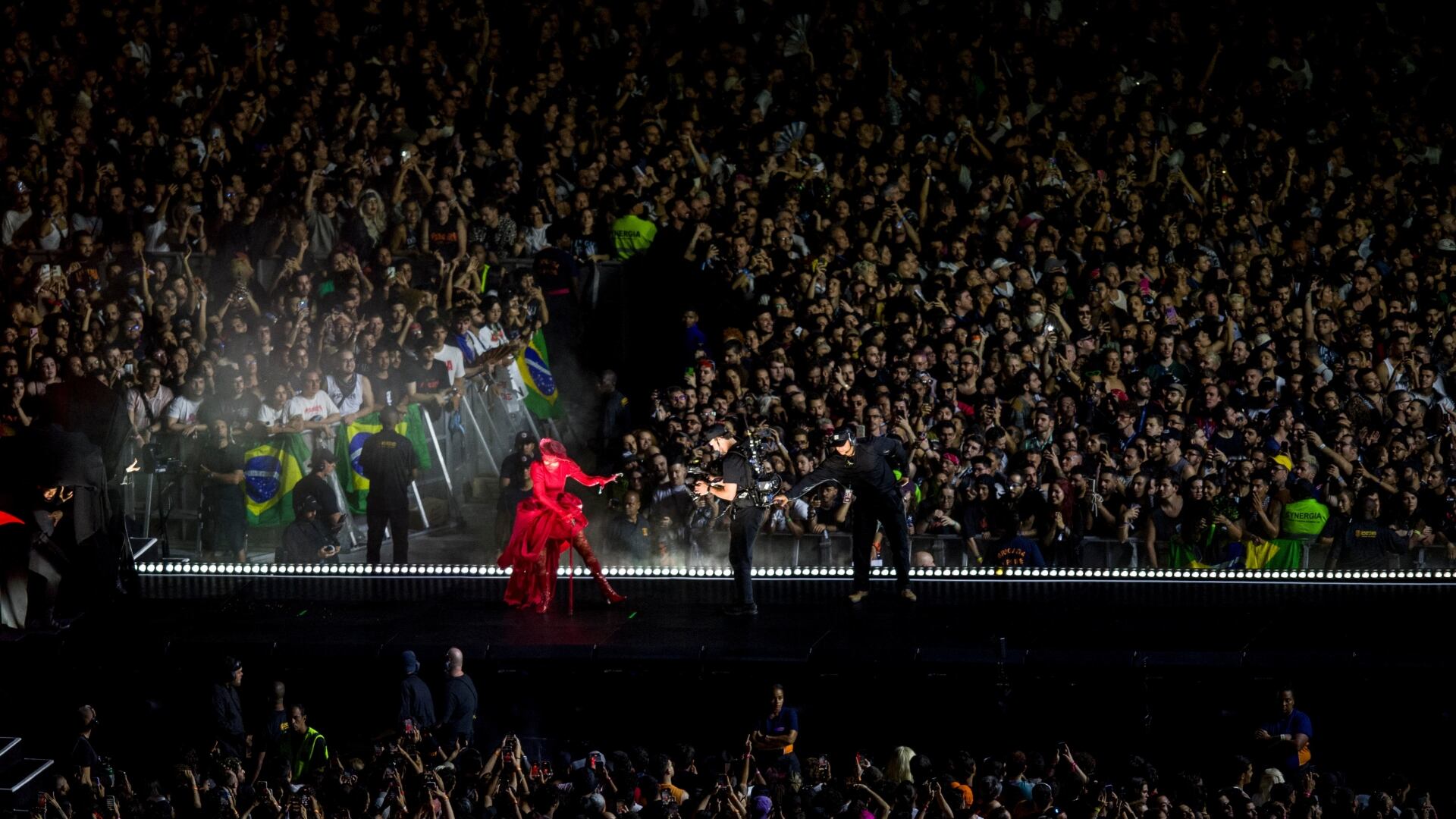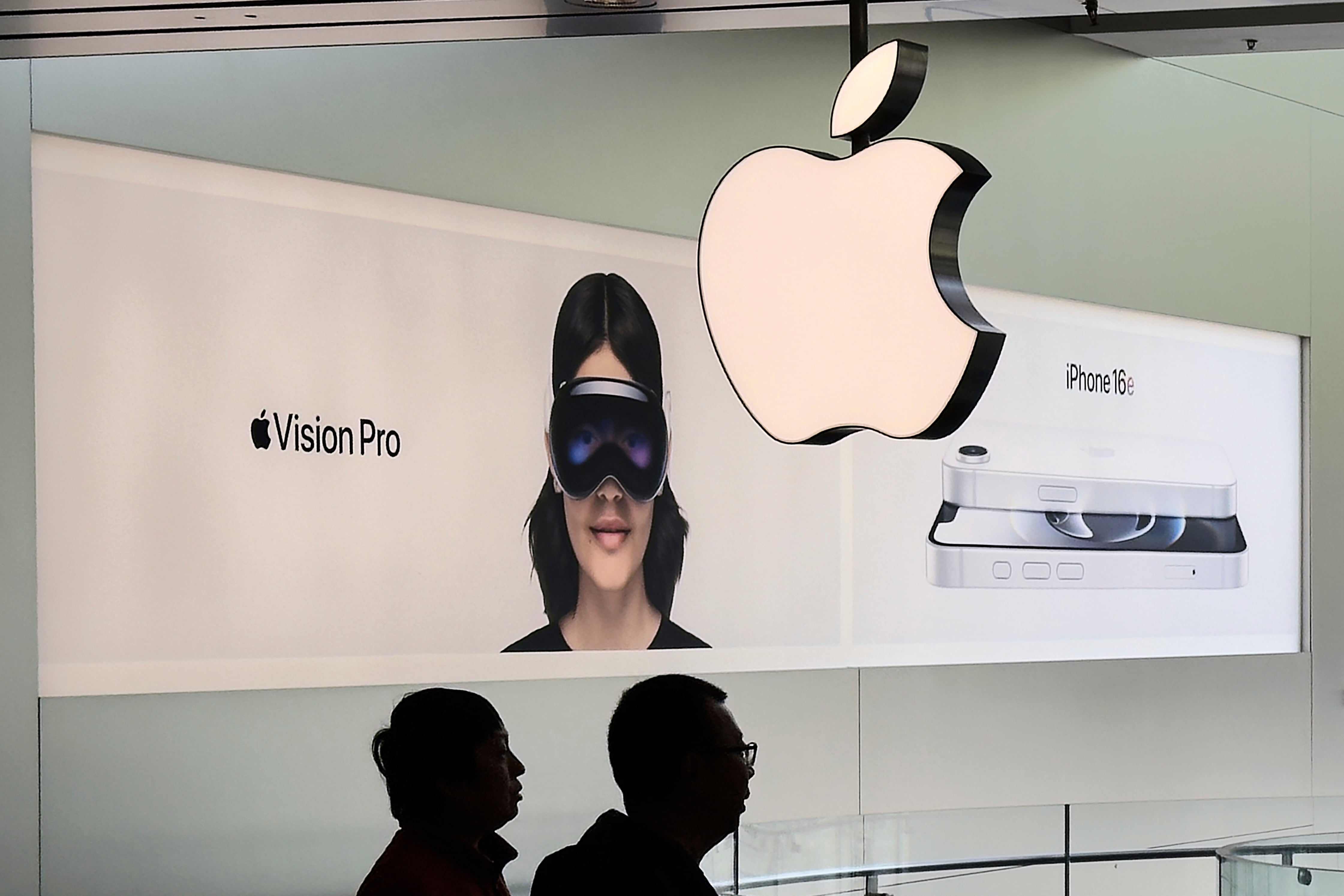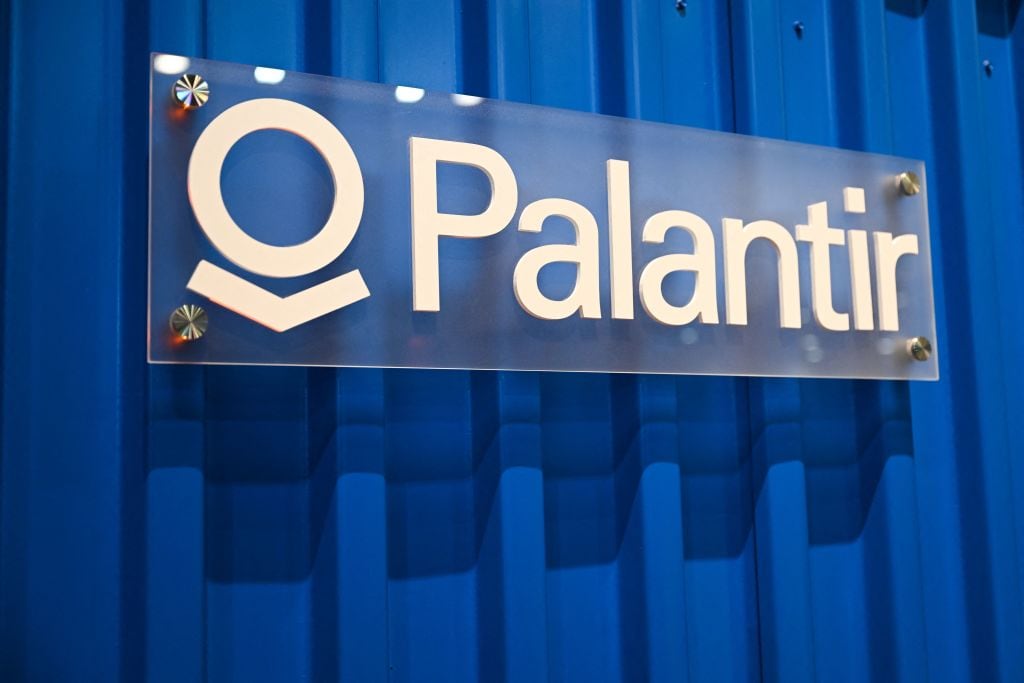Vizio ($VZIO) is expanding into streaming as the company celebrates its public debut on the New York Stock Exchange.
Founded in 2002, the company has become one of the country's leading television makers, and, according to CFO Adam Townsend, its SmartCast expansion will help drive new advertising and content revenue opportunities.
"We're now moving more into a dual revenue structure where not only do we make money when someone buys the TV but we're making revenue when they use the TV," Townsend told Cheddar.
He said Vizio's "integrated experience" separates the company from others in the industry, particularly because all of its expanded features are in one central hub.
For consumers, the SmartCast streaming platform offers simplicity. According to the CFO, the new model TVs make cord-cutting a breeze and come loaded with several streaming options and free channels.
The company will be able to track engagement through embedded software that can both curate more personalized content for the viewer as it learns what the person likes to watch as well as produce data for advertisers to narrow promotions for their target audiences.
"Addressable advertising, targeted advertising is really the future of where this is going," Townsend noted. "It's really transformative not only for us but the ecosystem at large."
Though the tech industry has been bogged down by the global chip shortage, Townsend said his company's close ties with manufacturers have kept the supply chain up and running.
Vizio closed its first day of trading at $19.10, down 9 percent from its $21 pricing.
